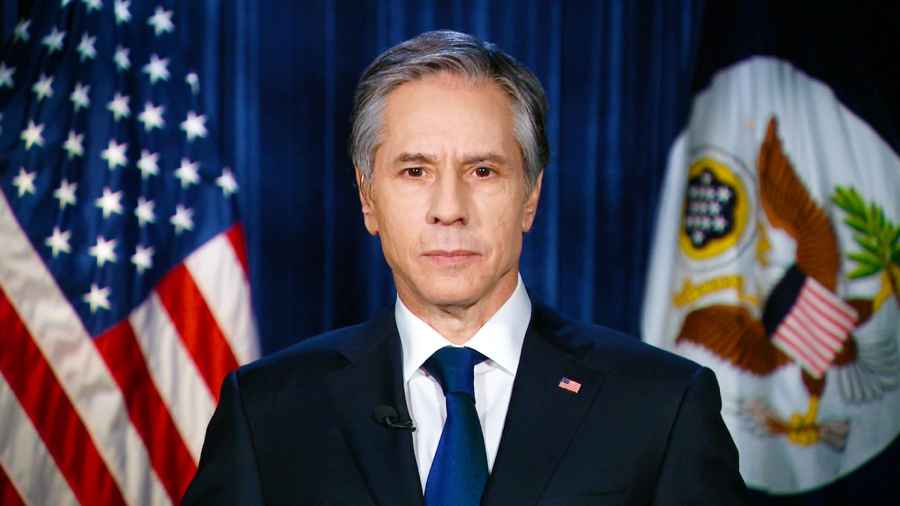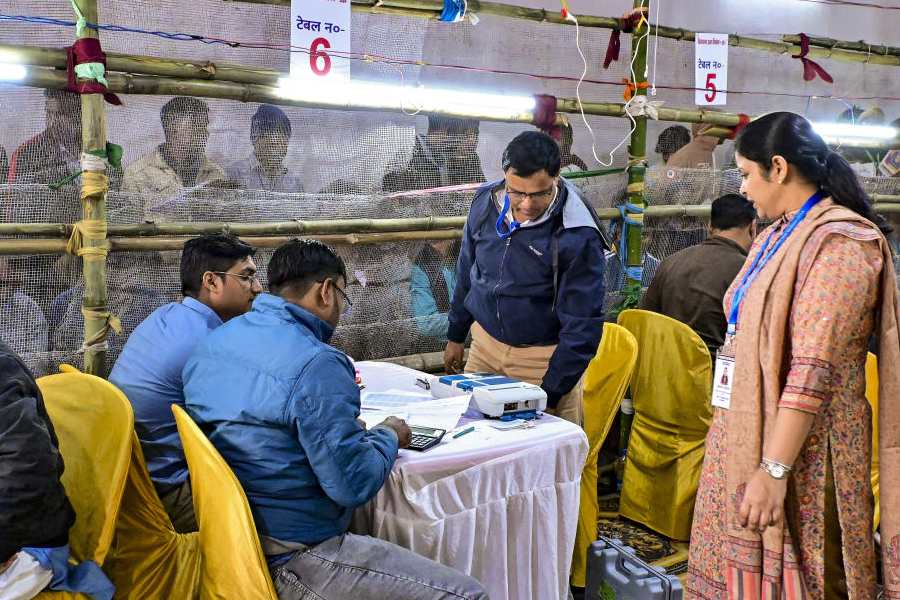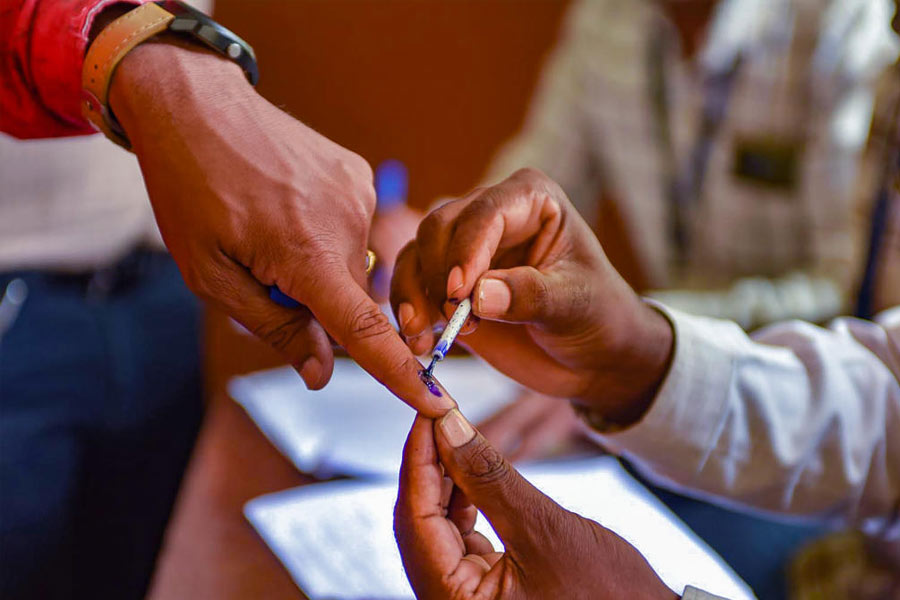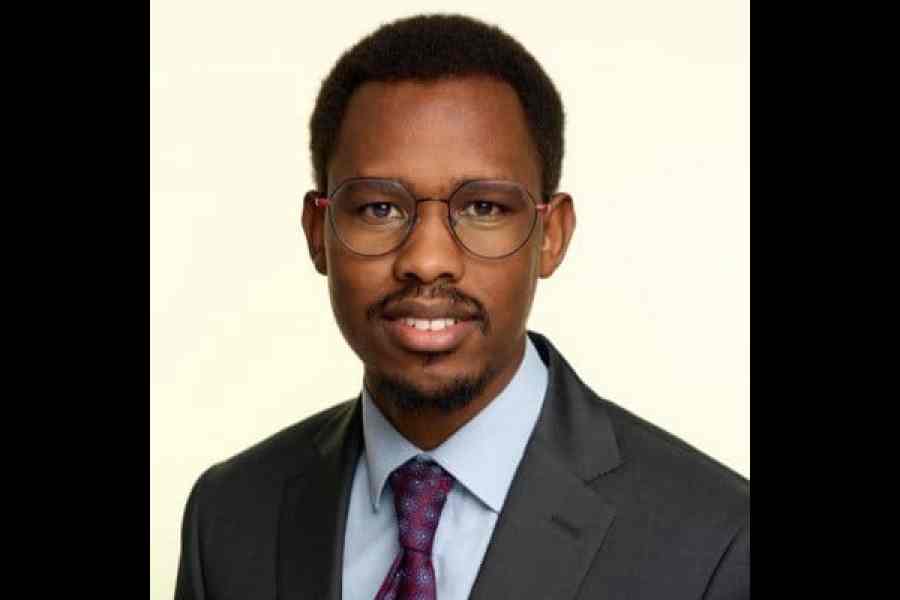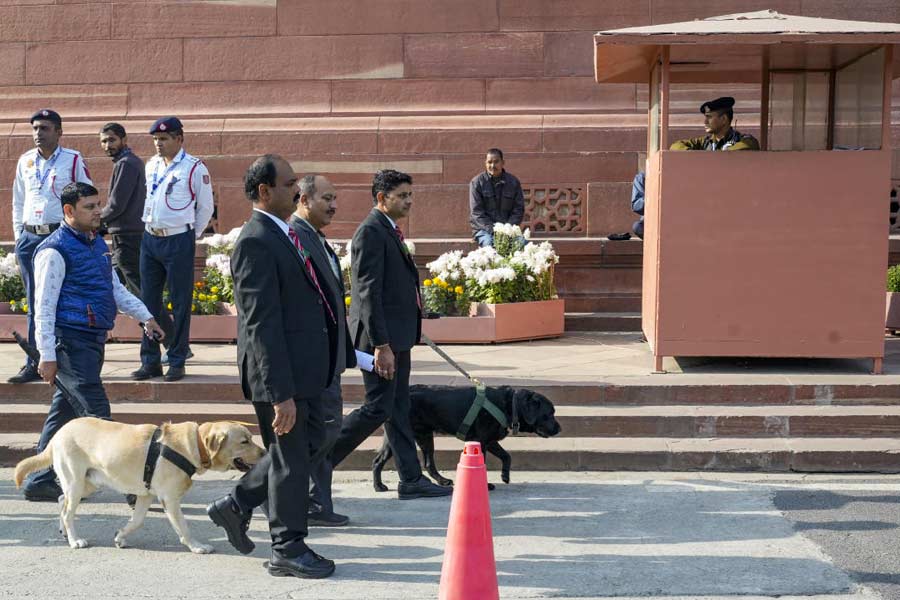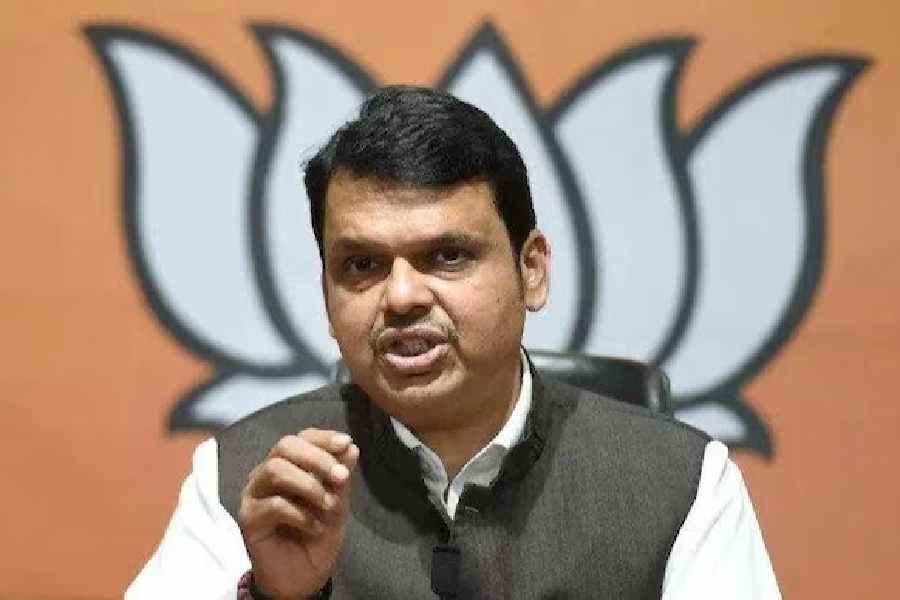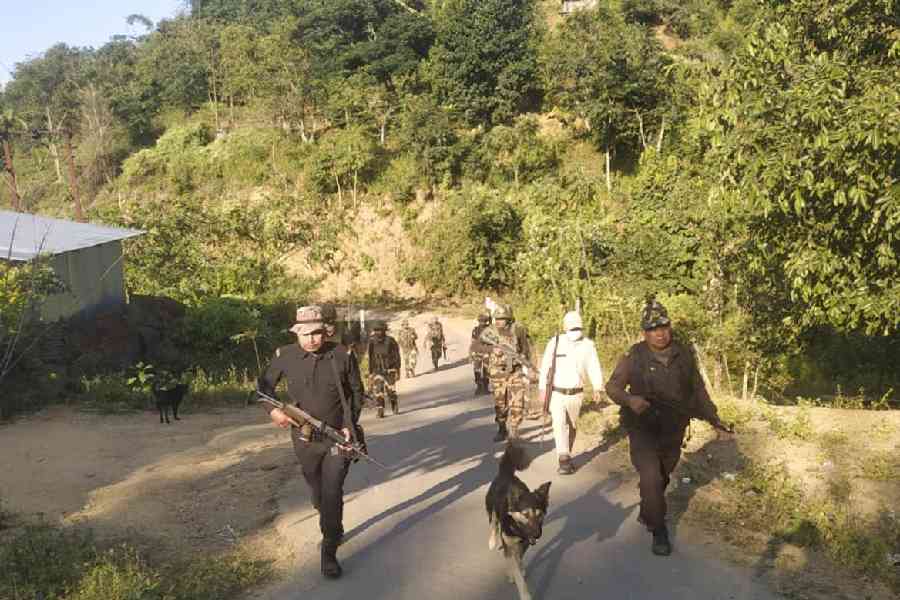Secretary of state Antony J. Blinken said during a visit to Uzbekistan on Wednesday that the Biden administration saw “zero evidence” that President Vladimir V. Putin of Russia was prepared to engage in serious peace talks over his war in Ukraine, despite growing calls from some nations for such talks to start.
“To the contrary, the evidence is all in the opposite direction,” Blinken said, adding, “The real question is whether Russia will get to a point where it is genuinely prepared to end its aggression.”
The US and its European allies insist that their main goal for now is to increase military aid to Ukraine so that it can take back its territory and be in a better position if substantial talks eventually start.
Only then would there be a chance for a “just and durable” peace, Blinken said.
Yet several senior Pentagon officials have said recently that they believe the war is settling into a long grind. And some countries that say they hold a neutral position on the war increasingly assert that Russia and Ukraine should begin exploring serious talks.
Among them are Central Asian countries and several members of the Group of 20 nations, which is holding a gathering of foreign ministers in India over the next several days. Blinken flies there on Wednesday night.
The US also fears that China will lend lethal aid to Russia for its war in Ukraine, a worry that was underscored on Wednesday when China’s leader, Xi Jinping, met in Beijing with President Aleksandr G. Lukashenko of Belarus, a key Putin ally.
Blinken acknowledged that there were difficult “second- and third-order consequences” of the war that were being felt by many nations.
“Few regions have been more acutely affected than Central Asia, including Uzbekistan,” he said, pointing to surging prices for food and energy.
Countries urging that peace talks start soon have expressed some support for talking points on negotiations that China issued on Friday, the anniversary of Russia’s fullscale invasion.
The 12 points in that “peace plan” were reiterations of bland statements of principle that China has made throughout the conflict.
New York Times News Service

